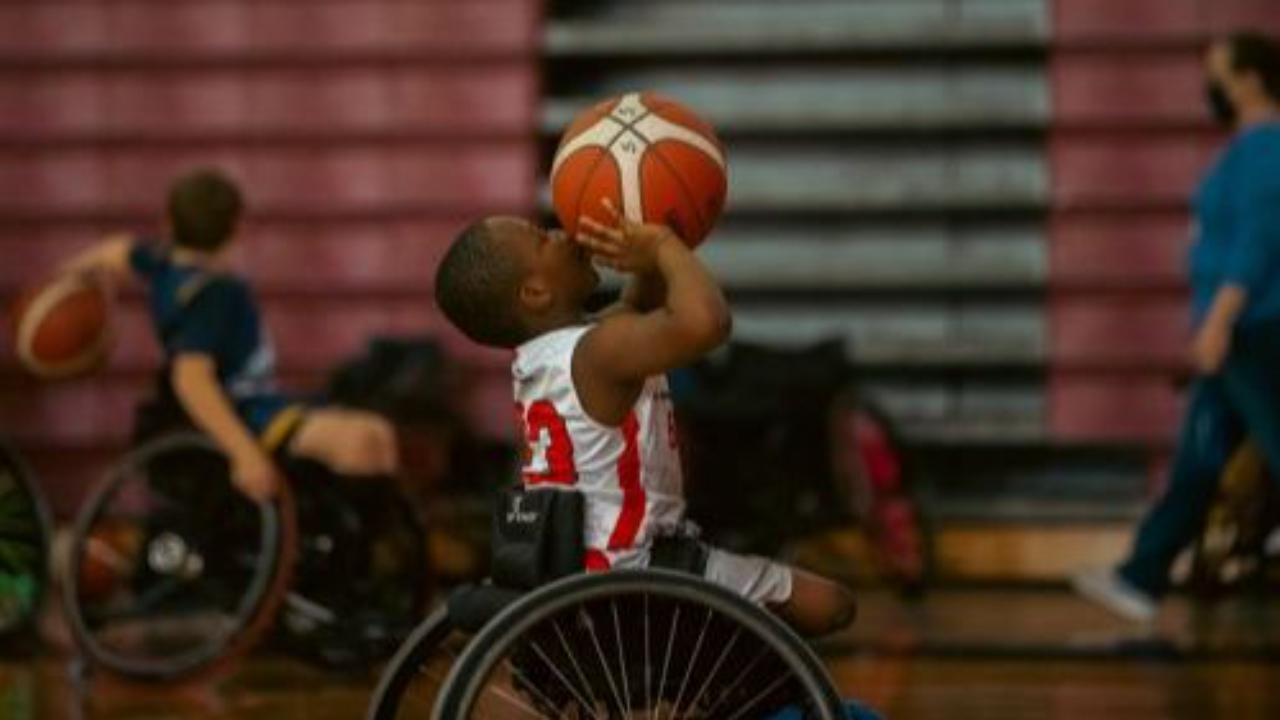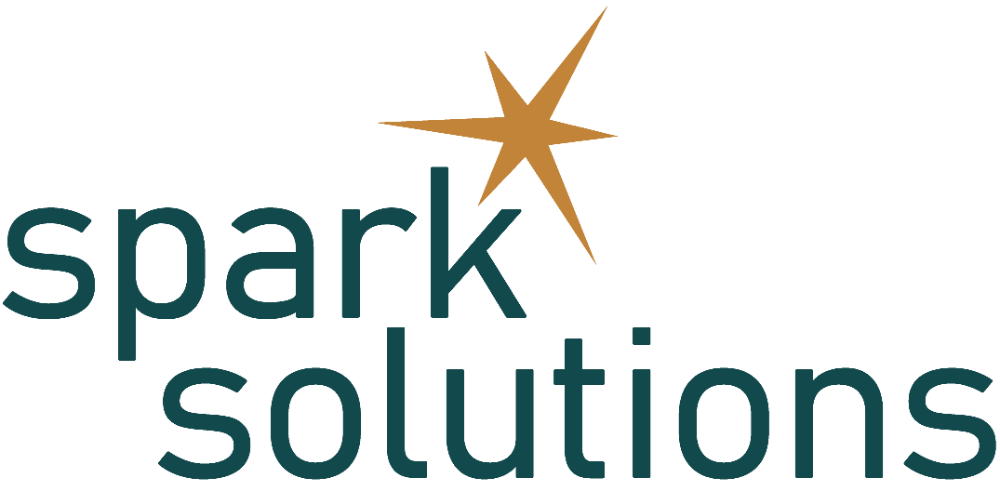How to Start Inclusive Programming (Even With No Budget)
Dec 07, 2022
It’s Saturday morning at your club. The fields are buzzing with energy, parents are cheering from the sidelines, and young athletes are experiencing the joy of the game. It’s a picture of a thriving sport community.
But take a moment and ask yourself a crucial question: Who isn’t in this picture?
For many sport organizations across Canada, the answer is the 15% of the population who live with a disability. We are so often caught in the frantic pace of running our seasons—the "tyranny of the right now"—that we overlook a huge segment of our community who are eager to participate but haven't been given a clear path to the field of play.
The truth is, building inclusive athletes' programming isn't just a "nice-to-do." It is one of the most powerful strategies for growth, community impact, and building a truly resilient organization. It’s about shifting from a culture of consumption, where kids just play, to a culture of contribution, where everyone has a role in building the community. It’s a move from accessibility (simply providing access) to true inclusion (ensuring everyone is integrated and feels they belong).
This work can feel daunting. Leaders like you often worry about not having the right expertise, the extra funding, or the time to do it right. But you don't have to have it all figured out to start. You just need to commit to starting.
Here is a simple framework to begin building a more inclusive and welcoming sport environment.
1. Listen First: Adopt a Participant-Centred Approach
Your journey into inclusive programming shouldn’t start in the boardroom; it should start in the community. The experts on what athletes with disabilities need and want are people with disabilities and their families.
Before you plan anything, reach out and listen. Ask powerful questions:
- What would an ideal sport experience look like for you or your child?
- What are the biggest barriers you’ve faced when trying to participate in community activities?
- How can we work together to co-create a program that is safe, welcoming, and fun?
Their knowledge is invaluable, and their involvement from the beginning will ensure you are building a program with them, not just for them.
2. Build Your Team: Seek Out Training and Partnerships
You are not alone in this work. There is a robust network of organizations in Canada dedicated to supporting adaptive and inclusive sport.
- Invest in your coaches. A confident coach is key to a successful program. Encourage your coaches to take the NCCP Coaching Athletes with a Disability eLearning module. This foundational training builds skills and removes the fear of the unknown. As one coach in a Saskatchewan Soccer all-abilities program noted, it’s not about a whole new way of coaching; it’s about tailoring your approach to the needs of the participant—just like you would with any other athlete.
- Form powerful partnerships. Don’t reinvent the wheel. Reach out to organizations like the Canadian Paralympic Committee, Special Olympics Saskatchewan, or the Saskatchewan Wheelchair Sports Association. They can provide resources, guidance, and potential funding. Also, look into grants from your provincial sport body, like Sask Sport’s Adaptive Sport Grants, to help get your program off the ground.
3. Clear the Path: Think About the Full Experience
True inclusion goes beyond the field of play. It’s about ensuring every touchpoint of your organization is welcoming. Take a walk through your facility and process from the perspective of a new participant with a disability.
Consider the logistics:
- Is there accessible parking and a clear path to the entrance?
- Are there accessible washrooms and water fountains?
- Is your signage clear and easy to understand?
- Can your website be navigated by someone using a screen reader? Is the font size and colour easy to read?
- Can you purchase adaptive equipment or customize existing equipment to meet individual needs?
These details send a powerful message that you’ve thought about them in advance and that they are not an afterthought.
4. Create the Invitation: Offer a Spectrum of Programming
There is no one-size-fits-all approach to inclusive programming. The best strategy is to offer a spectrum of opportunities.
- Integrated Programming: Where can athletes with disabilities participate in your existing mainstream programs with or without accommodations? This is the ultimate goal of inclusion.
- Specific Programming: Creating a dedicated "all-abilities" or adaptive program can be a fantastic entry point. It builds confidence for athletes and allows your organization to build its capacity in a supportive environment. The success of programs in Estevan and Weyburn demonstrates how these initiatives are incredibly well-received by the entire community.
Remember the words of Heather, a mother whose son participated in an all-abilities soccer program: she described the joy her family and friends felt being able to come and cheer for her son, just like they do for her other kids. That is the feeling we are trying to create.
Conclusion: Building Your Legacy
Building inclusive athletes' programming is one of the most meaningful and impactful initiatives your organization can undertake. It strengthens your club, deepens your community connection, and ensures your legacy is one that truly embraces the transformative power of sport for everyone.
The journey from a simple idea to a thriving inclusive program can be challenging, but the reward is immeasurable. These conversations are powerful, and they change the culture of your organization for the better.
Ready to take the next step?
- Share this article with your board and start a conversation about what inclusion could look like in your club.
- Explore our resources on strategic planning to see how you can embed inclusion into your organization's DNA.
- If you're ready to develop a practical strategy for expanding your programming but aren't sure where to start, get in touch. Let's discuss how we can build a more inclusive future for your community, together.
Stay connected with news and updates!
Join our mailing list to receive the latest news and updates from our team.
Don't worry, your information will not be shared.
We hate SPAM. We will never sell your information, for any reason.

